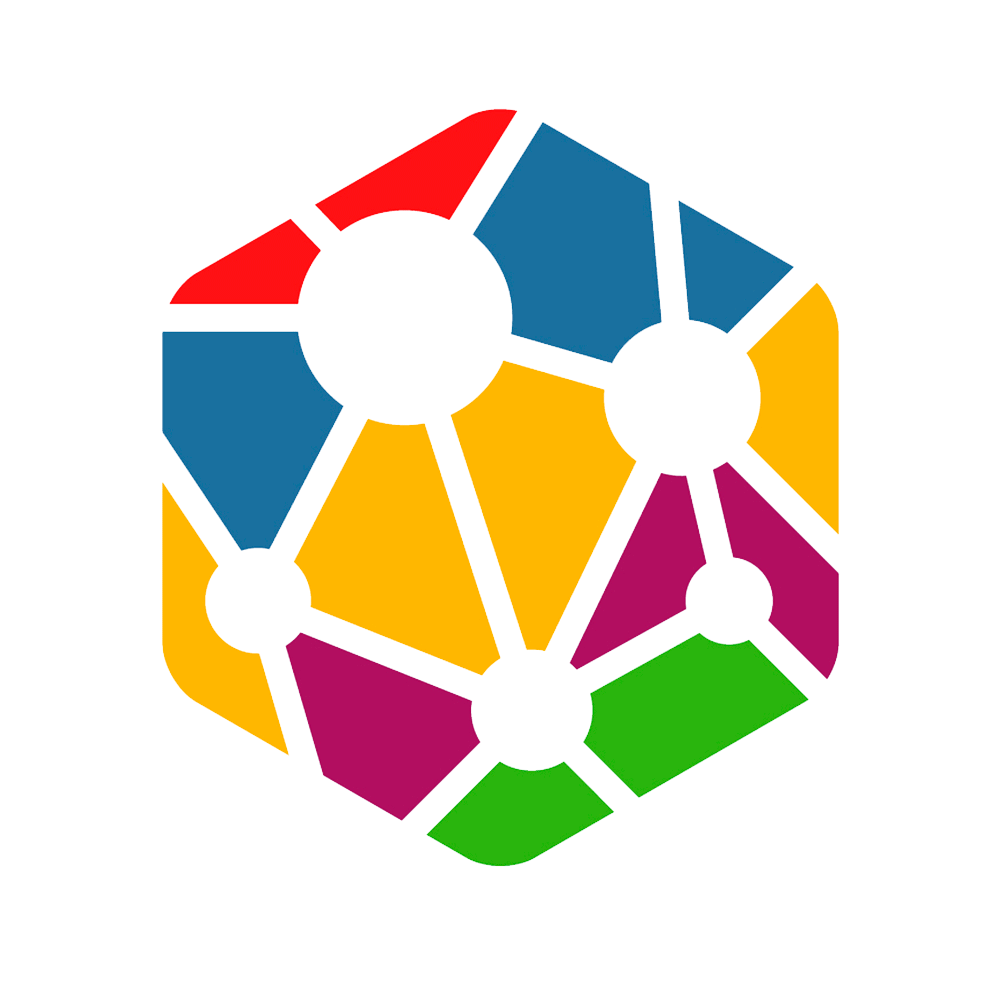EVALUATION
PHASE 1 – SCIENTIFIC EVALUATION
The evaluation of the applicant’s CV and research proposal will be done by an independent evaluation agency. The following criteria will be assessed:
- Applicant’s CV: Max score 50 (threshold 30).
Academic track record (MSc, PhD studies, academic transcripts, studies abroad, awards, etc), research experience (publications, projects, presentations, mobility, stays, grants, networks…) and any complementary skills and competencies (teaching, lecturing, soft skills, project management, experience in the industry, product development, patents, etc).
- Research project: Max score 40 (threshold 25).
Scientific and technological quality of the project idea (originality, innovative elements, interdisciplinary aspects). Quality and efficiency of the implementation (quality of methodology and experimental design, appropriateness of the work plan, proposal feasibility and contingency measures). Impact and relevance for the context (at three different levels: impact for you as researcher and your development, impact for the research group of your choice, and impact and relevance for the institution, regional and EU context).
- Research context: Max score 10 (threshold 5).
Consistency of the research project with the hosting research group (coherence of the area of specialization of the research group and the applicant’s background and project proposed), complementarities between the candidate experience and the research group and collaborative potential, viability and consistency considering the necessary infrastructure and equipment of the research group to develop the proposed research project.
Upon evaluation by the external agency a list of pre-selected candidates passing the thresholds will be ranked and published. Pre-selected candidates based on their scores will be invited to the interview phase.



